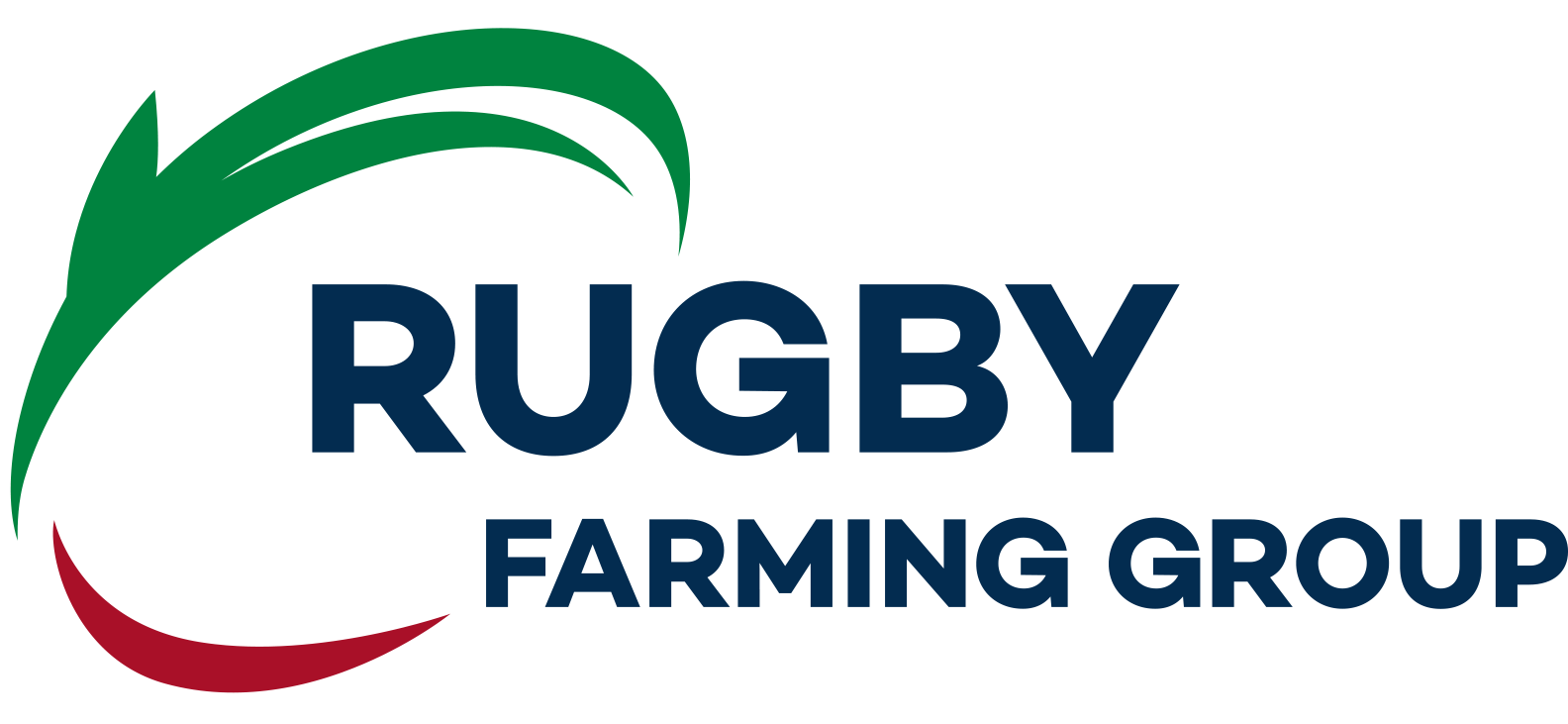'Growing a better future'
is the underlying foundation of Rugby Farm and a concept that influences all decisions made by the company.
Rugby Farm understands the importance in taking action now in an attempt to protect the environment and its resources for future generations, particularly with major challenges such as climate change.
Rugby Farm has played a major role in the innovation and advancement of horticultural technologies, with the need to continuously adapt to current and future challenges the key to Rugby Farm’s success. We are constantly implementing new and beneficial ways of farming such as drip irrigation, modified farming equipment and practices, cover crops and certified compost applications to assist in soil nutrition and health.
The use of multiple control methods as part of their integrated pest management (IPM) and integrated weed management (IWM) strategies is an indication of Rugby Farm’s strong environmental focus and our commitment to the principles of sustainable production.
These include an integrated and organised approach using biological (beneficial bugs), physical, chemical and cultural farming practices:
- Strict biosecurity measures are applied ensuring farms remain clean of weed seed and preventing the spread of pests and diseases between farms. The latest technologies in weed and pest management are implemented including drones (UAVs) and automated weed removers such as the Ladybug (Sydney University).
- All Rugby Farm vegetable seeds are sourced from reliable companies upholding stringent biosecurity guidelines.
- Vegetable seed varieties are carefully selected according to their disease resistance, drought tolerance, and germination rate. This ensures the seedlings are able to compete with the rapid growth of weeds in the early stages of their life cycle.
- Beneficial bugs and biological products are used to significantly reduce the amount of chemicals applied to crops, in turn reducing the volume of chemicals released into the environment and applied to consumers food.
- The use of compost minimises the amount of synthetic fertilisers applied to the soil and into the environment, preventing detrimental effects on our waterways and native flora and fauna.
- Trickle tape irrigation controls the delivery of water directly to the ground, reducing the amount of water applied to crops.
- Soil erosion is controlled by maintaining the vegetation along waterways.

